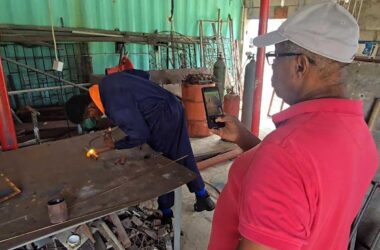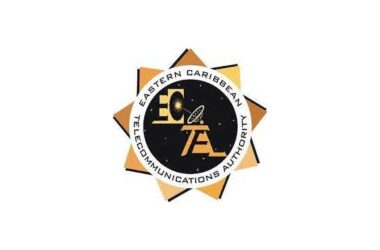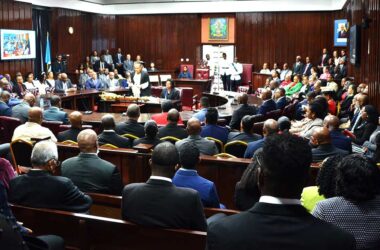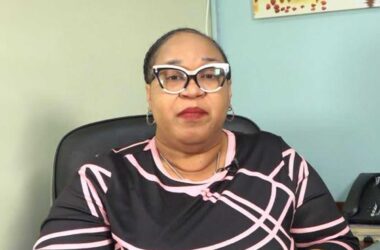This is not the time when the Ministry of Health puts out its dengue fever alert, however, due to heightened levels of the disease being experienced in certain countries of the Caribbean, the Ministry felt the need to break protocol and issue the warning.
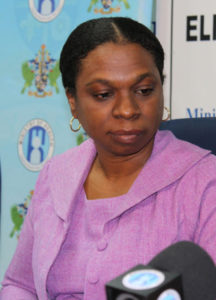
Chief Medical Officer (CMO) Dr. Merlene Fredericks James is the one raising the alert in Saint Lucia calling on Saint Lucians to do what is necessary to avoid being bitten by the aedesegypti mosquito, which is the pest transmitting the disease.
But the CMO is not the only one urging Saint Lucians to pay heed and avoid the mosquito. Advisories have been given by the Ministry’s Epidemiology Department and the Environmental Health Department as well as the Caribbean Public Health Agency (CARPHA) and most recently by the Pan-American Health Organization (PAHO).
The dengue fever alert is usually raised around or closer to the rainy season, however, places like Jamaica and the French territories have been experiencing an increased level of the disease outside the typical cyclical pattern where an increase in the disease is usually seen.
The Ministry, being well aware of inter-island travel and how easily a disease can be transported from one country to another decided to alert Saint Lucians, placing them on guard.
Dr. Fredericks -James warns that the mosquito is a day-time biting mosquito that likes to breed in and around homes and therefore persons should be mindful to address breeding sites in and around their homes.
She called for stored waterto be properly covered, old tyres to be thrown away, drums around the home to be cleaned and covered, rubbish lying around to be properly disposed of or anything that could trap water and pose as a potential breeding site for the mosquito.
The last dengue fever epidemic in Saint Lucia was in 2013. The disease circulating at the time was known as type four dengue fever. She warned that persons could get the disease more than once since there are different types of the disease.
The country, prior to 2013, experienced an epidemic with types one, two and four and therefore is no stranger to the various types of dengue fever.
However, according to Dr. Frederick-James, the country has not seen type three dengue fever since 2009 and that could place a certain age group at risk as at the moment the results, especially from the French territories, are showing that dengue fever types one and three are in circulation.
“This means that we have a large population who has never been exposed to type three dengue fever before and therefore it is a concern when a disease enters a country where there are persons who have not been exposed to it. Persons have not developed antibodies and so it is quite possible that you may have a larger outbreak,” Dr Fredericks-James said.
She advised using long sleeve clothing, insect repellent, mosquito screens and other things that could prevent one from being bitten by the mosquito.






